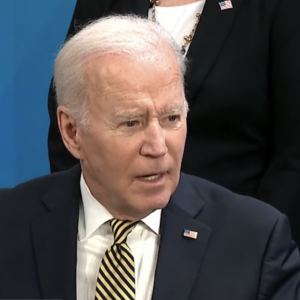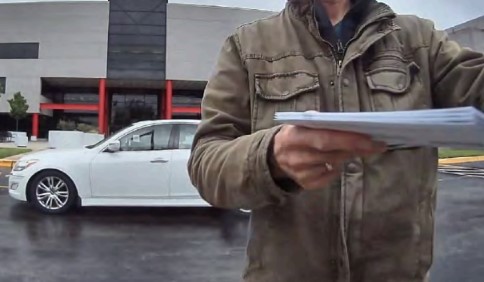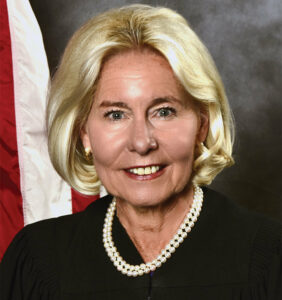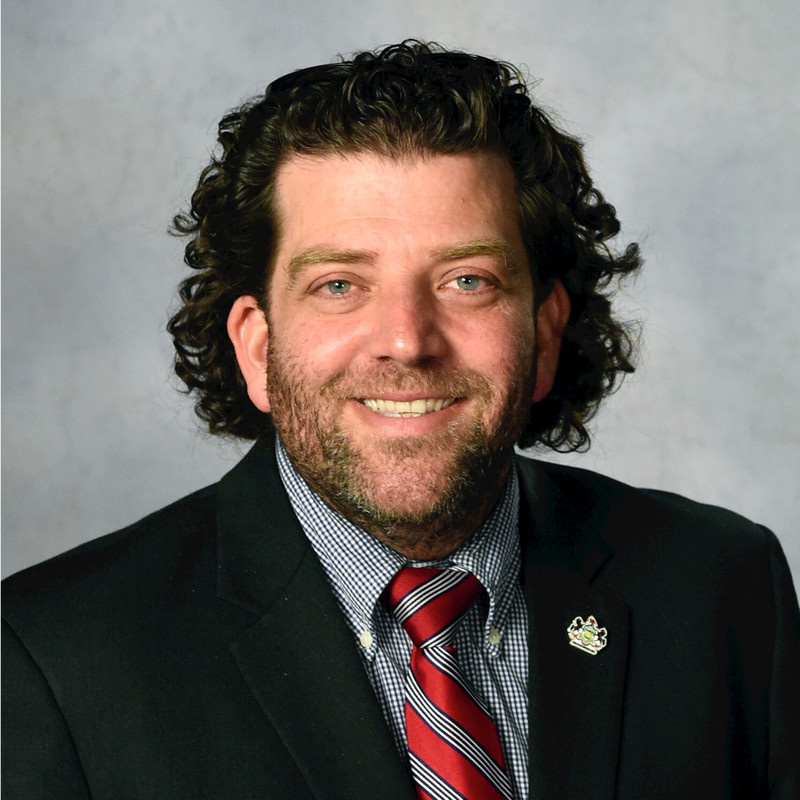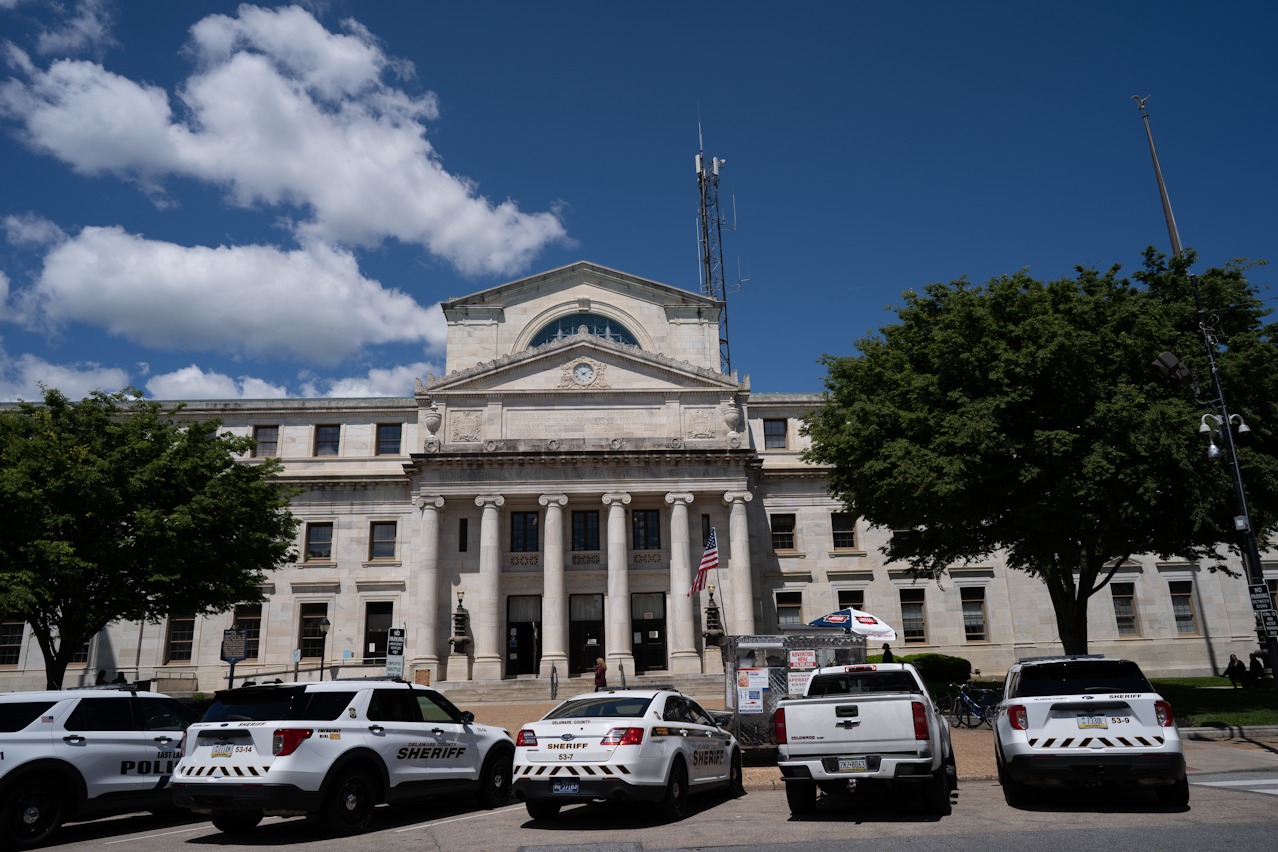GOP Files Lawsuit to Ensure Election Integrity in PA Midterms

With only weeks until the important midterm elections, the acting secretary of state ordered counties to disregard a ruling by the U.S. Supreme Court requiring mail-in and absentee ballot envelopes to be signed and dated.
On Oct. 11, acting Secretary of State Leigh Chapman sent a directive to county election officials saying the high court’s order was “not based on the merits of the issue.”
“It provides no justification for counties to exclude ballots based on a minor omission and we expect that counties will continue to comply with their obligation to count all legal votes,” Chapman wrote in that directive.
The state and national Republican committees, along with some voters, are crying foul.
They filed a “King’s Bench” lawsuit asking the state Supreme Court to order Chapman to follow the U.S. Supreme Court’s order.
In a joint statement, RNC Chairwoman Ronna McDaniel, NRCC Chairman Tom Emmer, and Pennsylvania GOP Chairman Lawrence Tabas said, “As the Pennsylvania legislature and U.S. Supreme Court have made clear, undated mail-in ballots should not be counted. Republicans are holding Pennsylvania Democrats accountable for their brazen defiance of the (U.S.) Supreme Court and the rules duly set by the legislature. Pennsylvania Democrats have a history of election integrity failures and Pennsylvanians deserve better: this lawsuit is the latest step in Republican efforts to promote free, fair, and transparent elections in the Keystone State.”
In May 2022 the 3rd U.S. Circuit Court of Appeals ruled ballots with undated envelopes should be counted. The issue stemmed from the close Republican primary that resulted in a lawsuit between Dr. Mehmet Oz and David McCormick.
The 3rd Circuit panel held that handwritten dates on the envelopes do not affect voters’ eligibility. Also, that court ruled voters’ civil rights would be violated if their ballots were tossed due to the omission of a date.
Earlier this month, the U.S. Supreme Court rejected that finding and upheld Pennsylvania’s election law as written.
The mail-in ballots have been a bone of contention since Democratic Gov. Tom Wolf signed a law, Act 77 that permits no-excuse absentee ballots. While the legislature passed that law with a bipartisan vote, many Republican lawmakers now believe it should be changed, especially since former President Donald Trump blamed mail-in ballots and drop boxes as part of the reason he lost the state of Pennsylvania to President Joe Biden in 2020. However, court challenges to Act 77 have failed to overturn that law, which remains in place.
Wolf appointed Chapman as acting secretary in January. At that time, former Republican gubernatorial candidate Bill McSwain, former U.S. Attorney for the Eastern District of Pennsylvania, decried her as someone too partisan to be confirmed by the legislature. Chapman had previously worked for Deliver My Vote, which is nonpartisan under the tax code; McSwain noted its “founders are on record saying they are pushing mail-in voting to help Democrats” get elected. Deliver My Vote promotes mail-in balloting that “specifically favors Democrats,” said McSwain.
The GOP suit asks the court to order counties to segregate any undated ballots from ballots filed correctly. While some counties plan to do that, others do not which would result in “unequal treatment” of voters, violating the constitution.
“Any counting of ballots that the General Assembly has declared invalid—and the lack of statewide uniformity in the treatment of undated or incorrectly dated ballots—are eroding public trust and confidence in the integrity of Pennsylvania’s elections at a vital moment in the nation’s and the Commonwealth’s history,” the suit said. “The court therefore should take immediate action to uphold the General Assembly’s date requirement and to set aside the secretary’s invalid guidance.”
Liz Preate Havey, chair of the Montgomery County Republican Committee, said Montgomery County will segregate ballots with errors.
“It just leads to more and more distrust. We do have these drop boxes where we’ve seen time and time again, we have video, where over 100 people doing multiple drops in one election cycle. We’re just asking for reasonable election integrity measures to be in place,” said Havey. If there is a problem with someone’s mail-in ballot, they can go to their polling place and vote by provisional ballot.
“The Bucks County Board of Elections will segregate ballots arriving in misdated and undated envelopes. Those ballots will be included in reported vote totals, but will be scanned separately so those votes can be subtracted if necessary,” said a county spokesman.
James Allen, director of Voter Services for Delaware County said, “We will handle this the same way we did during the Primary. We will process the ballots from undated envelopes in a separate batch, so that if we receive yet another court ruling or different guidance from the Department of State, we would have the option to back out that batch.”
“It’s still too early to give a definitive answer on how Chester County will proceed. The Board is considering the status of the law in Pennsylvania and will make a decision soon,” said Rebecca Brain, a spokeswoman for the county.
Republican Guy Ciarrocchi, who is challenging U.S. Rep. Chrissy Houlahan (D-Berks/Chester), criticized her for a voter education town hall with Chapman that Houlahan held on October 13.
“The chief elections’ official in Pennsylvania has defied the US Supreme Court—and, then directed every county join her in defiance. She then spoke at the Houlahan town hall—essentially a campaign event. Chapman has failed in her primary duty—to be an impartial election official to instill trust.
Houlahan has shown bad judgment in using taxpayers’ money for the event—and, compounded the error by having Chapman speak at her town hall. Sadly, Houlahan continues to act like a partisan politician; not the bipartisan problem solver she alleges in her ads. Actions speak louder than words,” Ciarrocchi said.
Houlahan’s campaign spokesperson, Shane Wolfe said, “This criticism is not only wrong on the merit, but seems to come from a place of misunderstanding the job of our public servants. The town hall had absolutely nothing to do with politics or campaigning. It did have to do with public servants doing their jobs to make themselves available and inform the public — regardless of party affiliation — about how to safely and securely exercise their right to vote. If election officials should not answer these questions now, when voters have questions, when should they?”
In a press release after the town hall, Houlahan said, “Representing a purple community means educating all community members, regardless of political affiliation, on how to cast their ballot. Last night, we had a straightforward conversation about the voting process and answered questions on a wide range of concerns. I will continue to share resources with all constituents who reach out, and I encourage all eligible Pennsylvanians to exercise their constitutional right to vote.”
Chapman did not respond to requests for comment.
Please follow DVJournal on social media: Twitter@DVJournal or Facebook.com/DelawareValleyJournal

